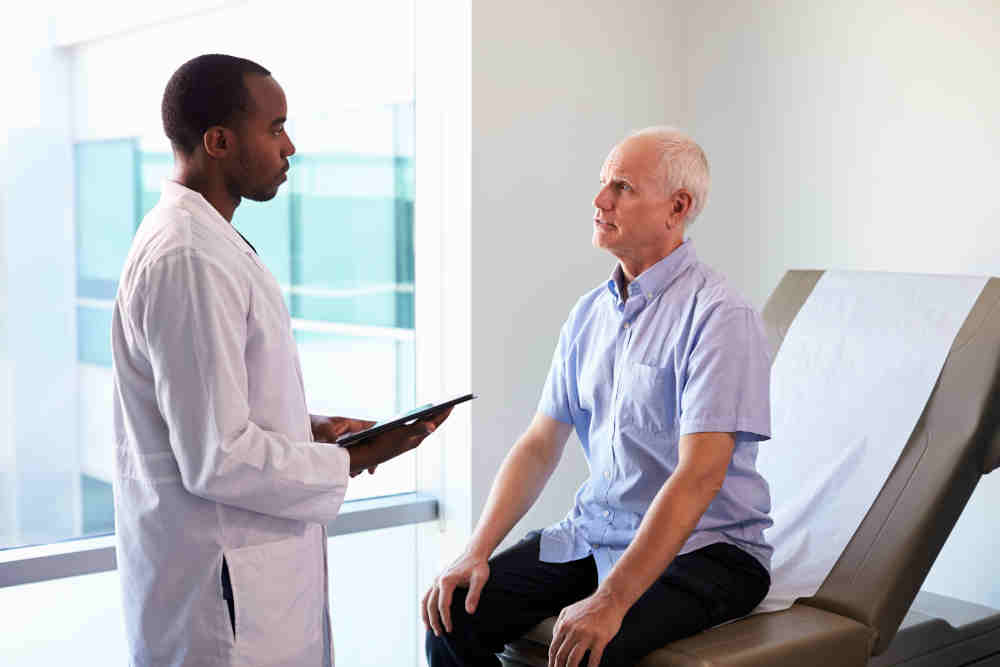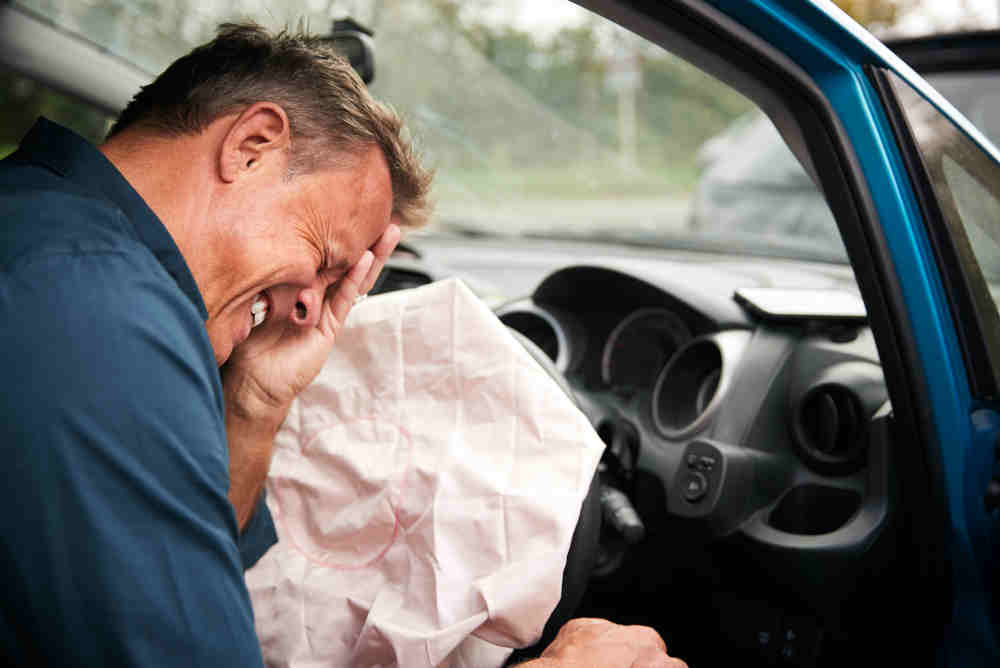There are many things that you are told to do when a car accident happens. However, many people forget that there are several things that you should not do after an accident as well. What you do or do not do after an accident occurs can have a significant impact on any claim you make for injuries.
6 Things Not To Do After A Car Accident
1. Do Not Get Angry With The Other Driver
Being involved in a car accident can be very overwhelming. Emotions run high, and it can be very easy to get angry, especially if the accident is not your fault. You do not want to show any of that anger at the scene. Yelling at the other driver or getting angry with the police or medical team will make you look hostile in the reports about the accident. This can be used against your claim.

2. Do Not Apologize For The Accident Or Assume Any Fault
Saying something as simple as “I’m sorry you have been hurt” to the other driver can be seen as admitting at least partial responsibility for the accident by the insurance company. Refrain from making any comments like this at the scene or when speaking to the insurance company.
You will also want to avoid assuming any guilt for the accident. Even if you think there might have been something else you could have done to prevent the accident, talk about it only with your attorney. Your attorney can have an accident reconstruction service look over the event and establish who was at fault for the event.
3. Never Pass Up The Medical Exam
Even if you feel that your injuries are minor, you should seek a medical exam right after the accident. Some injuries, including concussions, neck injuries, and internal injuries, do not show symptoms immediately. The headache you are experiencing may not just be stress from the accident but actually an injury.
Never risk your health and go to the emergency room after an accident for a medical exam.
4. Never Speak To The Insurance Company Without Legal Representation
Insurance companies are very aggressive about getting a statement from an injury victim as soon as possible. As a result, it is not even unusual for an adjustor to approach a victim while they are still in the ER.
You can give them the basic information such as your name and contact information and the vehicle information of what you are driving but refrain from providing an official statement. How can you tell them how bad you are injured if you have not even gotten the results from the doctor yet?
Politely decline giving an official statement until you have spoken to your attorney. You have the right to do this, regardless of how hard the insurance company may push.

5. Do Not Forget To Follow Up With Medical Care
Make sure that you follow through with all medical care. If you need to go for further testing or physical therapy, do it. If you miss follow-up care, the insurance company views this as you being fully recovered from the injuries.
6. Avoid Social Media
Avoid social media as much as possible. If you must put that you were involved in an accident on your page, leave the details as vague as possible. Avoid posting medical updates or personal opinions about the event. Do not post anything negative about the other driver or the insurance company.
Insurance companies will begin monitoring your social media posts almost immediately after you make a claim. Anything posted on these sites is considered public information, and they will look for anything that they can use to deny or reduce your claim.
You should also refrain from accepting friend requests from anyone you do not physically know offline during your claim period. It is not above insurance adjusters to “friend” claimants so that they can have “private” conversations with them and gain knowledge for their case.
You should also avoid posting photos of yourself, even old ones, on your page until your case is closed. The insurance adjuster does not know when that picture was taken, and if they see you having a good time, it is hard to say that your injury is interfering with your life.
When you speak with your personal injury attorney about your case, they may have additional suggestions on things to avoid while your claim is active. Please take advantage of their experience and knowledge and follow these guidelines. Knowing what not to do after an accident can help your compensation claim as much as knowing to do after an accident happens.

